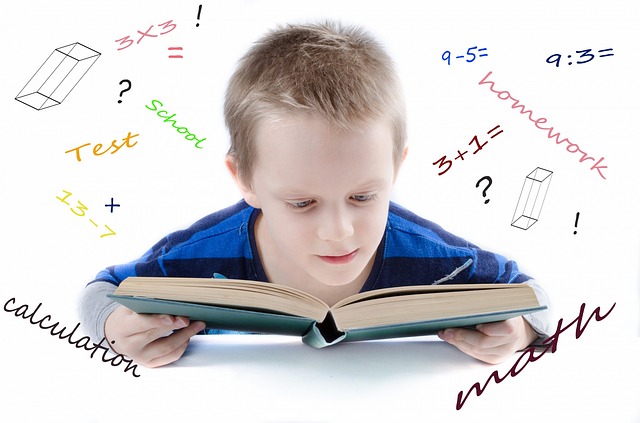
Starting school is a crucial time in our children’s lives. They will start to enter a new environment to learn what they will need later in life, discovering new routines, new social circles, emotional and learning skills and many other things.
Indeed, the first five years of life are vital to any child’s lifelong development. The early development of a child influences brain development, establishing the crucial neural connections that will provide the foundation for language, problem-solving, reasoning, social skills, problem-solving, emotional health or behavior.
It is therefore of utmost importance for us to develop our children’s potentials and skills to learn during this crucial phase before finding a Montessori in Singapore to enroll them in.
But what is school readiness in a nutshell?
School readiness is comprised of two stages: a readiness to start learning and readiness for school/ School readiness can be measured by how prepared a child is to become part of a formal learning institution.
Australian international school in Singapore relies heavily on the expertise of its teaching faculty and world-class infrastructure to help children get used to the new learning environment. This is why when you send your children to the best educational institutions, they become more confident about themselves and this reflects in their personality.
While no single factor can determine whether a child can take on the tools of a school, it will depend on both the emotional maturity as well as scholastic ability. It is also split into different phases and, although these areas are separate, they interact with and reinforce each other. Your child will need to develop across all the areas.
The areas that let you measure your child’s school readiness include:
Physical and motor development. Fine motor skills include being comfortable using a pair of scissors, using cutleries, and successfully doing buttons and zips. Gross motor includes running, standing on one leg, and skipping. Perception development deals with both auditory and visual skills. The child should be able to go to the toilet unassisted.
Emotional and social development. Emotionally-adjusted children have better chances of early school success. Getting along with peers include interacting within a group or shows an interest in dealing with other children. They can also express feelings and needs, share stuff, sit still for a while, avoid frustration and stay on a task for a reasonable time.
Cognitive development. The child can make independent decisions as well as follow through. They can formulate ideas of their own and follow simple instructions or directions. They can also find interest in learning.
Language capability. The child should be able to communicate in his or her home language. They should also know to start sequencing stories the right way based on a set of events.
Emotional maturity. Being emotionally mature includes being independent, having reasonable control over emotions, having basic problem-solving skills, responsibility, confidence, etc.
School readiness shouldn’t be used to discriminate against some children. Quite the reverse, it is a way to provide all children with an equal opportunity in life. If you think that your child is ready for school, then the next step is to choose the best Montessori Singapore has to offer. Also, enrolling your child in a top international school will allow him or her to adjust faster and have the best education during the formative years. Best of luck!























